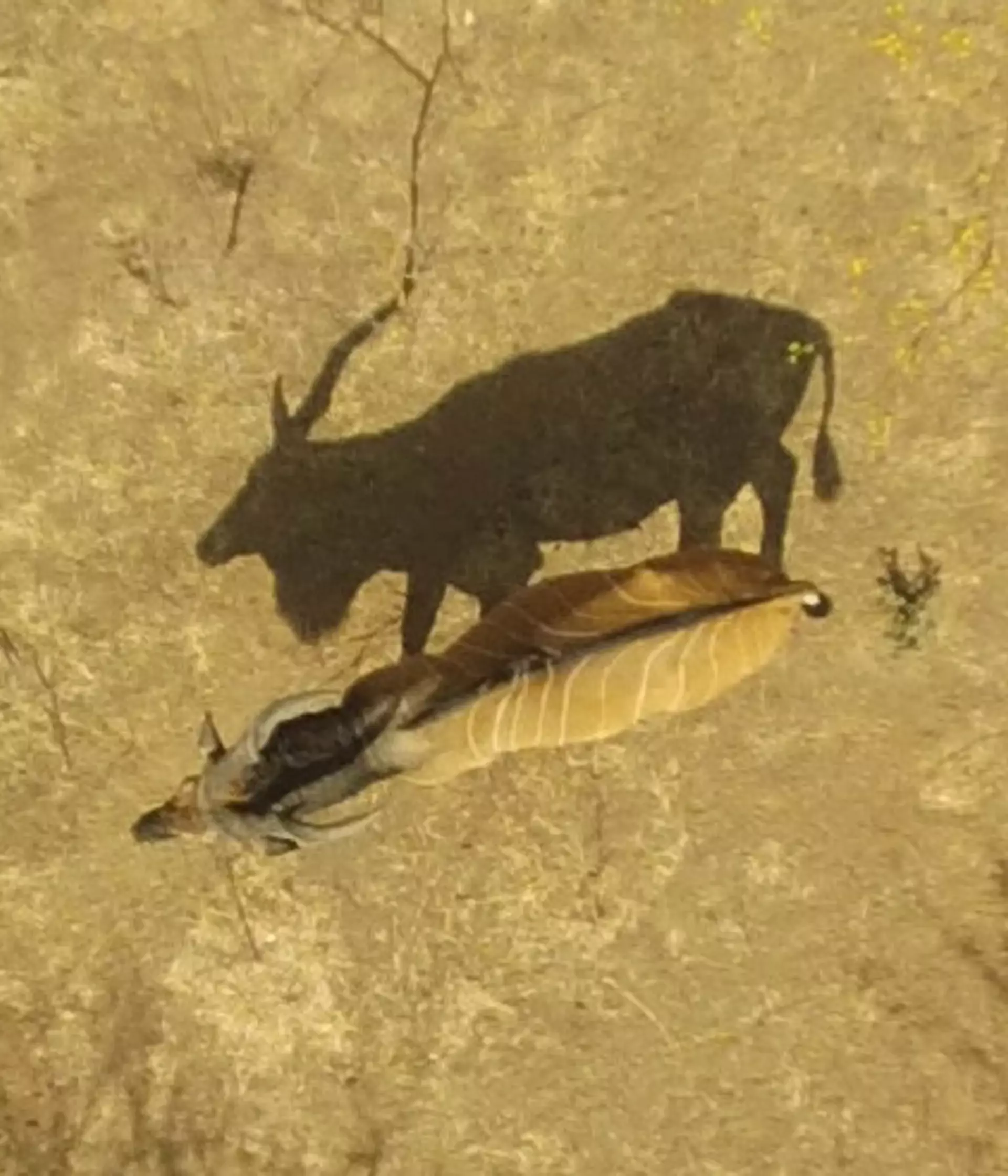Conservationists from ZSL and the Conflict and Environment Observatory (CEOBS) are calling for the impact of conflict on biodiversity to be acknowledged at the CBD COP16, in a bid to help conflict-affected countries meet their global biodiversity targets.
The humanitarian impact of conflict quite rightly dominates political agendas, but international environmental conventions should not overlook the impact on biodiversity.
In an article published in the Nature Journal (16 October 2024), conservationists from ZSL and CEOBS call on the Convention's Parties to do more to integrate conflict data in their biodiversity strategies for conservation projects to be used to help build peace and for the Convention and instruments like it to be used to target resources, capacity, and technical support for conflict-affected countries.
“Many countries gathering for the COP will have to implement conservation measures in the face of armed conflicts, including within protected areas. Yet the convention provides very little guidance as to how best to do this, either in the face of conflict or in its aftermath, when environmental governance systems have often broken down and need to be rebuilt,” said Sarah Durant, Professor of Conservation Science at ZSL’s Institute of Zoology.
The article shows that over 80% of armed conflicts occurred within the world’s 34 biodiversity hotspots between 1950 and 2000, and to this day, continuing or escalating levels of conflict are still impacting 39 states, including many biodiversity-rich countries, including Colombia, Myanmar, Brazil, and Cameroon. Insecurity often weakens environmental governance, exacerbating threats to biodiversity such as deforestation and illegal wildlife trade.
Durant added: “The CBD recognises the importance of engaging with the Indigenous Peoples and local communities who are inherent guardians of the natural environment and have rightly built their needs into many of the Global Biodiversity Framework Targets. Supporting these communities to mitigate the impacts of conflict on biodiversity will help sustain their livelihoods and well-being while advancing global biodiversity strategies through their vital knowledge of respecting, restoring, and living in peace with nature.”
In the last ten years, research using satellite imagery, social media tracking, other open-source intelligence, and increasingly working with local communities has allowed researchers to increase understanding of the effects of armed conflicts.
“The environmental consequences of conflicts have never been more visible and the global biodiversity crisis makes it imperative that we act to reduce and mitigate them,” said Doug Weir, Director at CEOBS.
“Historically, governments have been reluctant to consider peace and security issues in environmental talks, but that is a luxury that a growing number of countries and ecosystems simply cannot afford.”
The 16th Conference of the Parties to the Convention on Biological Diversity (CBD COP16) begins on 21st October in Cali, Colombia. With a theme of "Peace with Nature,” conservationists believe CBD COP16 is a long overdue opportunity for governments to start considering the potentially catastrophic impact of armed conflict on biodiversity.
